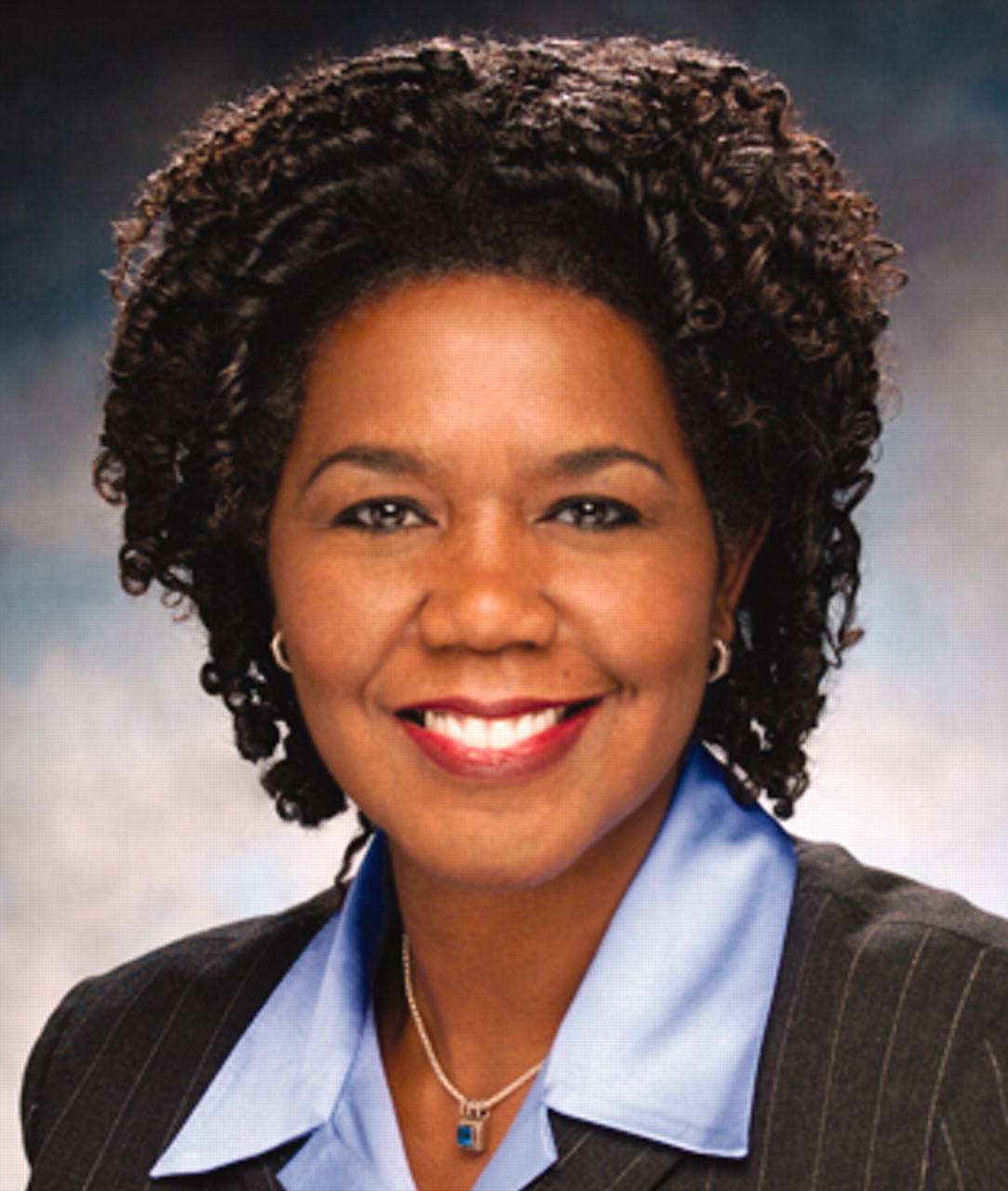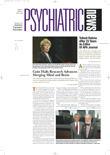“As a spiritual man, I look to God. But you know what God is going to do? He's going to send you to a doctor.”
—-from “Black and Blue,” a videotape about the stigma of depression in the African-American community
Stigma about mental illness and depression is compounded for black Americans by social and cultural factors unique to the African-American experience, said Annelle Primm, M.D., M.P.H., at a meeting of the Black Psychiatrists of America in Kansas City, Mo.
Primm joined the APA staff in late April as director of its Department of Minority and National Affairs. Formerly she was an associate professor of psychiatry and behavioral sciences at the Johns Hopkins University School of Medicine.
In her presentation, “Major Depression: Stigma and Myth,” Primm said these factors include the pre-existing stigma associated with being a person of color, certain fervently held religious beliefs, distrust of the medical profession, and language and literacy barriers to appropriate care.
“All of these have an impact on efficacy of treatment, patient adherence, and the development of an effective partnership [with a physician], which we know has a major impact on outcome in terms of morbidity and mortality, well-being, and functioning,” Primm said.
She outlined the disparities in health care that affect African Americans, noting that though depression is “an equal opportunity disorder” with similar prevalence rates among blacks and whites, African Americans are far less likely to receive a diagnosis.
They are likely to have poorer health status and a disproportionate share of uninsurance. Primm noted as well that suicide rates for African-American males between the ages of 18 and 24 rose precipitously in the last decade.
“This was a real wake-up call to the public health community that suicide does occur in the black community,” she said. “But even when people get in the door of the mental health or general health provider, they are much less likely to get guideline-consistent care than whites. We have a great deal of education to do at the provider and the patient level.”
Another Stigmatizing Label
Primm said that to increase the recognition, diagnosis, and treatment of depression among black Americans, public health efforts must be targeted at some of the barriers to care that are specific to African Americans.
Prominent among these is the persistence of racism. “Being African American in this society and culture itself carries with it a stigma,” she said. “To add another stigmatizing label is something people understandably want to avoid.”
Primm said the stigma is compounded by a mistrust of health professionals, with historical events such as the Tuskegee project lending credence to those concerns.
(The Tuskegee Syphilis Study was a four-decade, prospective research project of the U.S. Public Health Service designed to study the effects of untreated syphilis among African-American men in the south. The project, which involved the active, unethical denial of treatment to the subjects, ended in 1972.)
Also impeding treatment of depression is a pervasive and fervently held religious belief that prayer—and prayer alone—can heal distress and disease.
Moreover, the legacy of suffering in African-American life has in some ways come to be taken as a given. “Many people believe that suffering is a part of life for African Americans, so they should just `keep on keeping on,' no matter how burdened they are or how much suffering they are enduring,” Primm said.
She drew attention to the “pathoplasticity” of depression—the unique way it expresses itself within a specific cultural context. For African Americans, depression is liable to express itself in one of three culturally iconic ways: the “stoic believer,” who relies on the power of prayer; the “John Henry doer,” whose high level of functioning belies a deep depression; and the “angry, evil one.”
The last of these, particularly, is often a pathway that leads not to treatment, but to arrest and incarceration, Primm said.
Better Screening Needed
Primm said problems around stigma associated with depression in African Americans call for more aggressive secondary-prevention efforts to screen for the disorder.
She cited several success stories, including the Community Academic Collaboration Project. That project involved recruiting minority groups in Baltimore and Pittsburgh and educating nonprofessionals on how to conduct health screening, with a focus on screening for depression. The project effectively screened 600 individuals across the two sites, Primm said.
Primm also showed conference participants a 16-minute videotape she developed titled “Black and Blue.” The video is a culturally tailored educational tool with testimony from African Americans who have been treated for depression.
The tape addresses many of the myths about depression and treatment outlined by Primm, with a special focus on religious and spiritual beliefs that can act as a barrier to seeking treatment. The video included testimony from an African-American pastor and patient who said, “As a spiritual man, I look to God. But you know what God is going to do? He's going to send you to a doctor.”
The tape has been evaluated with a 20-item questionnaire administered to viewers before and after the showing. Primm said the video significantly changed attitudes among respondents about depression, including attitudes about the efficacy of prayer alone and about the benefits of medication.
People interested in purchasing a copy of “Black and Blue” should send a check or money order for $35 (includes shipping and handling) to Blue Rock Productions, 4226 Amos Avenue, Baltimore, Md. 21215. Purchasers are requested to specify the nine-minute or 16-minute version, as well as preferred format: VHS, CD-ROM, or DVD. ▪

